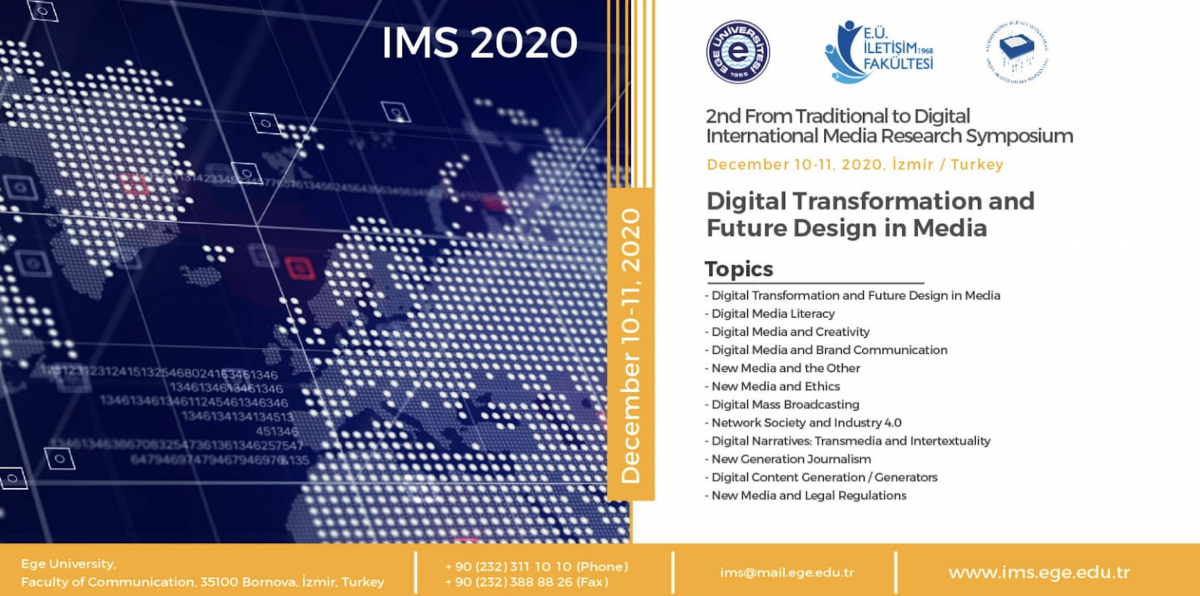Crisis Creates Opportunity: How the Covid Pandemic Helped to Advance Digital Media Literacy in Schools
Renee Hobbs is presenting a lecture at the 2nd From Traditional to Digital International Media Research Symposium, December 11, Izmir, Turkey.
When the pandemic struck and millions of teachers around the world were faced with "remote emergency instruction," some teachers found that the coronavirus pandemic created opportunities to rethink their practices of teaching and learning and were able to introduce digital media literacy into the curriculum. Teachers benefit from peer-to-peer networks that help them learn how to deploy the full potential digital texts, tools and technologies. They connect to peers and learners by deepening relationships that support socio-emotional learning. They gain confidence in guiding learners through structured and open inquiry using anytime and real time learning. Finally, they find creative ways for students to document their pandemic isolation experience through the use of multimedia. Many gravitated to the use of media literacy pedagogies, which are by nature responsive to the lived experience of contemporary media culture. By modelling and sharing practices of digital media literacy in a new type of informal, peer-to-peer professional learning network, the covid crisis has created an opportunity with the potential to transform how teaching and learning occurs.
